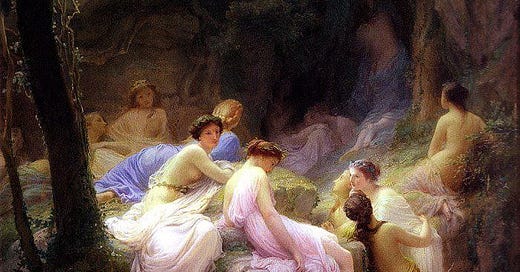This brings us to one hundred pages of Jünger’s book, nearly a third of the way through.
After ongoing discussions about the title we are considering changing it to At the Wall of Time, mainly due to this being more poetic and finding a few other references to this title. My first instinct was for this rather than the more commonly used “Time Wall”. If this is the case we will share some commentary on the term.
And to start here the final paragraph from the last section is included. I will make a collected version in the coming days so they are all together, in case anyone wants to read everything at once or easily reference other parts.
“Furthermore, has there always been, for as long as there have been humans, a world history? Certainly not, since we speak of prehistory and early history, which we exclude from historical consideration, or add as a prelude. A person, an event, must have definite characteristics in order to be “historic”. This includes, along with the energy to shape history, the capacity to be the subject of historiography, and the eros that manifests itself in it, the object of historical contemplation. There is a certainty to this, linked to specific times and events.”
At the Time Wall - Ernst Jünger
46
This was not always the case. Herodotus is called ‘the father of history’. He certainly offers an extraordinary reading: one travels through his books like a landscape illuminated by the light of dawn.
Before him was something else, before him was the mythical night. But this night was not darkness. It was more like a dream which knew a sequence of men and events other than the historical consciousness and its separating force. Hence the dawn light in his work. He is on the crest of a mountain that separates day and night: there is not only two times, but two types of time, two types of light.




